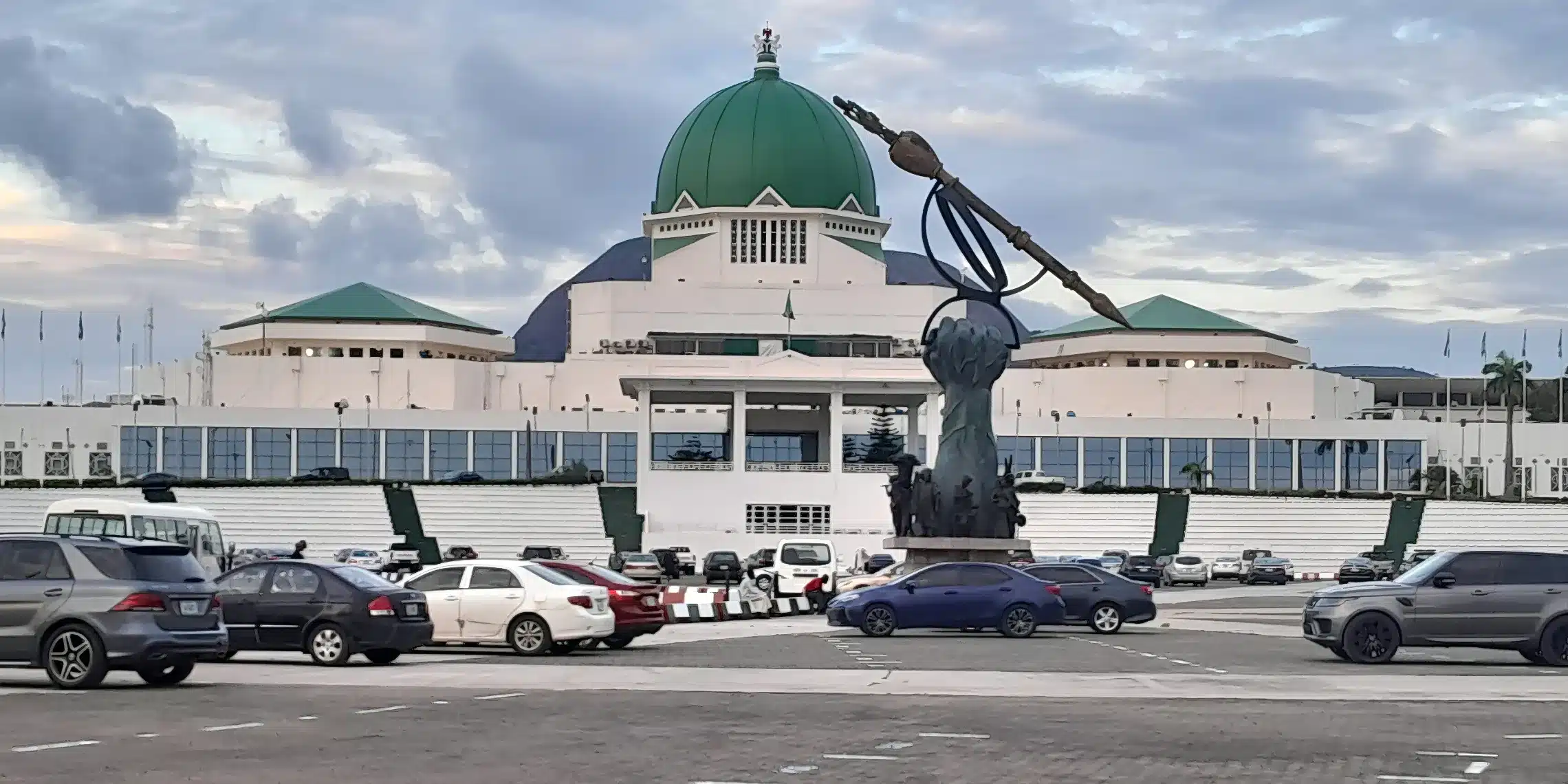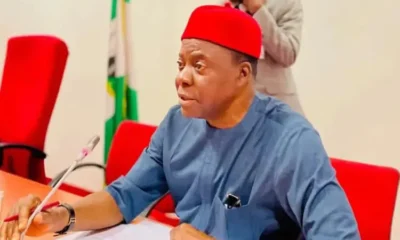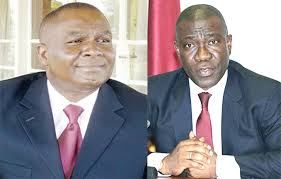Breaking News
NASS Moves to Create Six New States, Raises Nigeria’s Total to 42

The Joint Committee of the Senate and House of Representatives on Constitution Review has approved the creation of six additional states across Nigeria’s six geopolitical zones.
The decision, which was one of the major highlights of the two-day legislative retreat held in Lagos, was co-chaired by the Deputy President of the Senate, Senator Barau I. Jibrin, and the Deputy Speaker of the House of Representatives, Rt. Hon. Benjamin Kalu.
If eventually ratified by both chambers and state assemblies, Nigeria will have 42 states, up from the current 36.
“In the spirit of fairness and equity, the committee unanimously resolved to recommend the creation of one additional state in each of the six geopolitical zones,” a principal officer at the retreat disclosed.
55 Requests, 69 Bills, 278 LGAs Considered
The lawmakers reviewed an extensive set of constitutional amendment proposals, including 69 bills, 55 state creation requests, two boundary adjustment proposals, and 278 local government creation requests.
After reviewing the submissions, the committee resolved that six new states—one per geopolitical zone—should be created.
The approved formula means that:
- The South-South and South-West will each have seven states,
- The South-East will now have six,
- The North-West will have eight,
- The North-East and North-Central will each have seven.
Subcommittee to Identify Areas for New States
A subcommittee has been constituted to determine the specific areas from which the new states will be carved. The subcommittee will be chaired by the Chief Whip of the Senate, Senator Mohammed Tahir Monguno.
A member of the subcommittee from the North-West told PUNCH that the panel would carefully review all pending applications before making recommendations.
“We will meticulously review the 55 requests for state creation to come up with the areas where the six new states will be carved from. We will be fair and just to all promoters of state creation,” the lawmaker assured.
The committee’s report is expected to be submitted to both chambers of the National Assembly in the first week of November, where it will undergo further debate and possible ratification.
In his remarks during the retreat, Deputy Senate President Barau Jibrin, who chairs the Constitution Review Committee, reaffirmed the National Assembly’s commitment to delivering constitutional amendments that reflect the aspirations of Nigerians.
He explained that the joint retreat was designed to allow lawmakers to scrutinize each proposal clause by clause before forwarding them for broader legislative action.
“It has been a long journey to bring together the Senate and House of Representatives’ Constitution Amendment proposals, which cut across several sections and deal with diverse issues,” Barau said.
He noted that the process had spanned two years of consultations with citizens, civil society groups, and institutions nationwide.
“We have engaged our constituents, stakeholders, and institutions in town hall meetings, public hearings, and interactive sessions. The 69 bills and 55 state creation requests we are now reviewing are the product of those engagements,” he explained.
Lawmakers Push for Balanced Representation
According to insiders, the decision to create six new states received unanimous support from members of both chambers, who viewed it as a symbolic gesture toward national equity and inclusion.
“This decision was not political; it was based on the principle of fairness,” one lawmaker said. “Every region deserves equal access to development and governance.”
The move is expected to trigger intense debate once presented before the Senate and House of Representatives, as state creation has historically been one of Nigeria’s most politically sensitive issues.
The approved recommendations will form part of the Constitution Review Committee’s report to be submitted in November. Once adopted by the National Assembly, the proposals will be transmitted to State Houses of Assembly for ratification, as required by Section 9 of the 1999 Constitution (as amended).
Observers believe that if the proposal gains momentum, it will mark Nigeria’s first successful state creation exercise since 1996, when the then-military government established Bayelsa, Ebonyi, Ekiti, Gombe, Nasarawa, and Zamfara States.






























